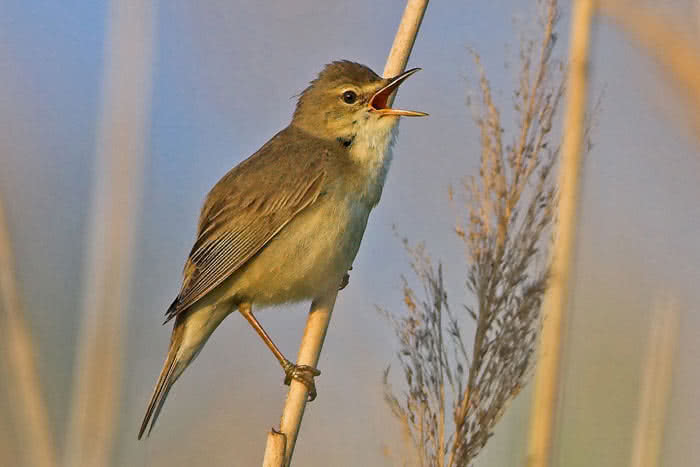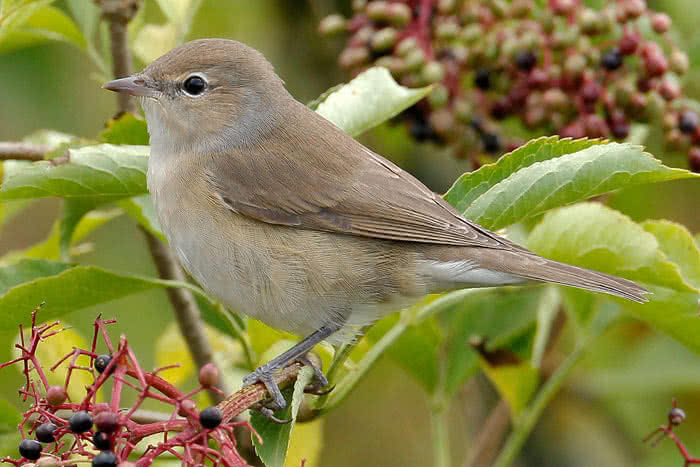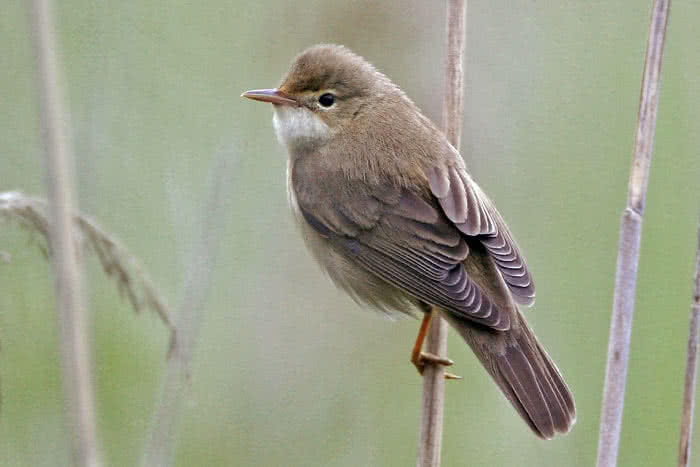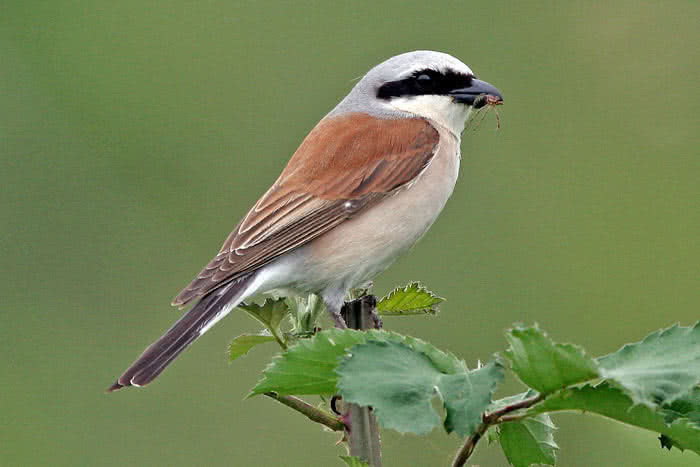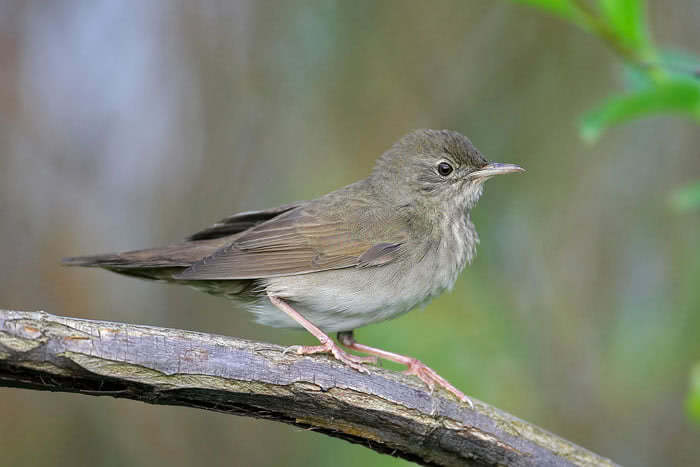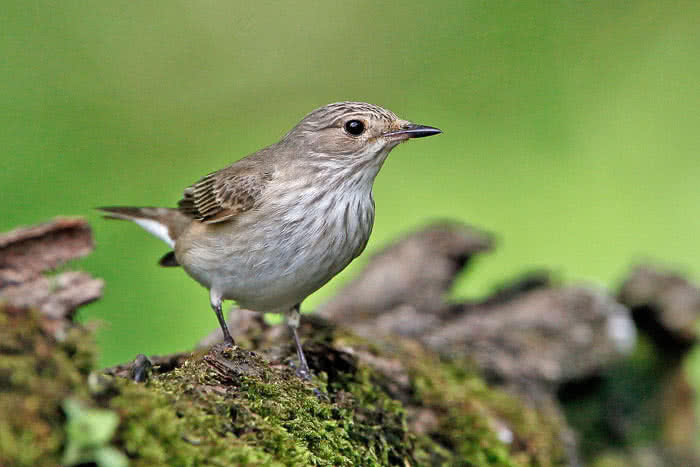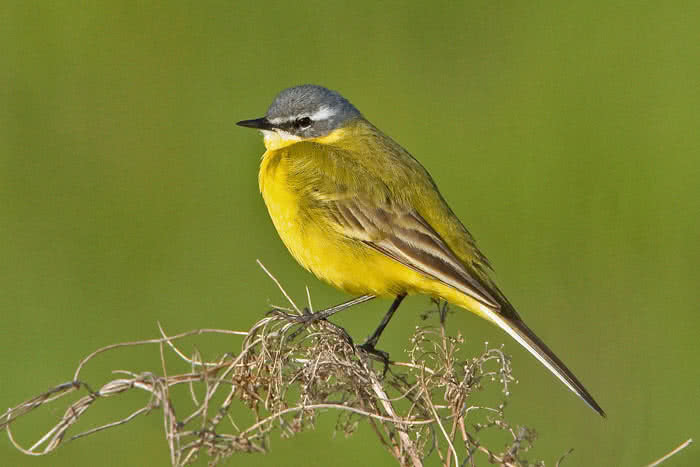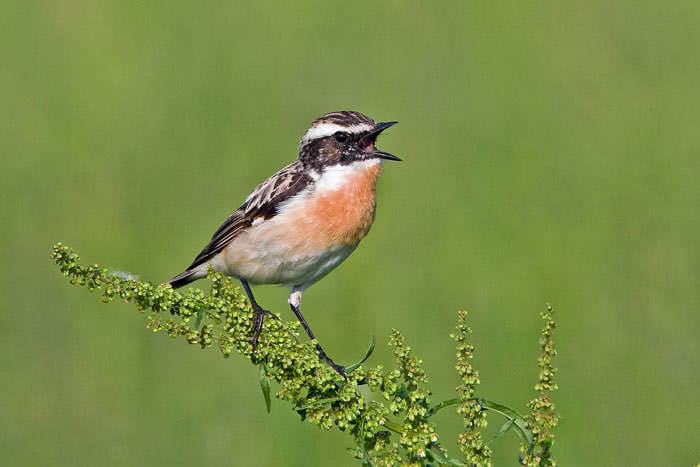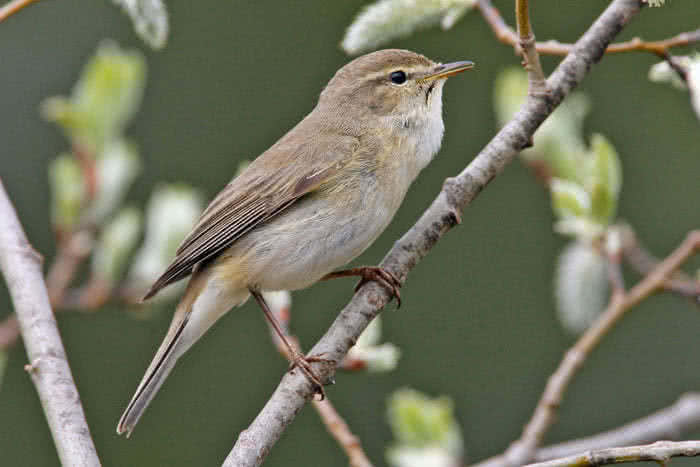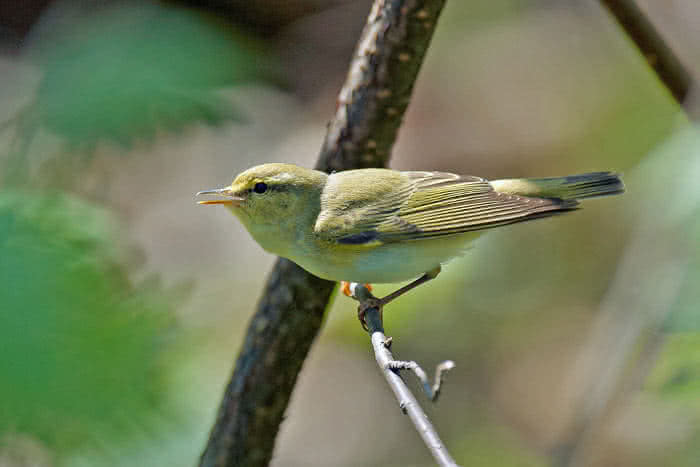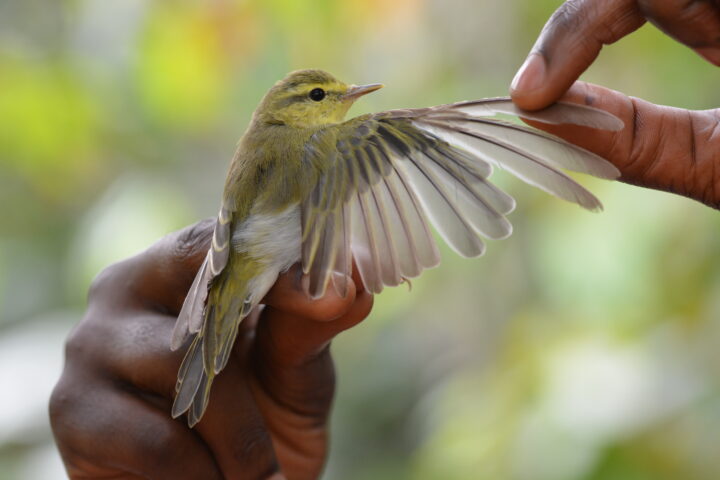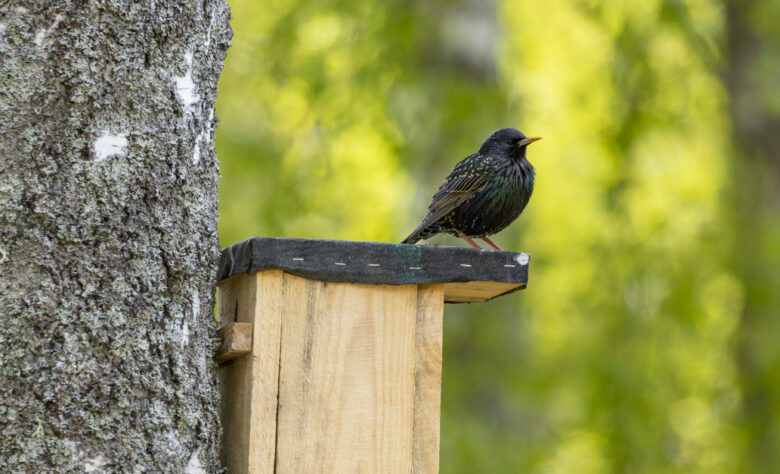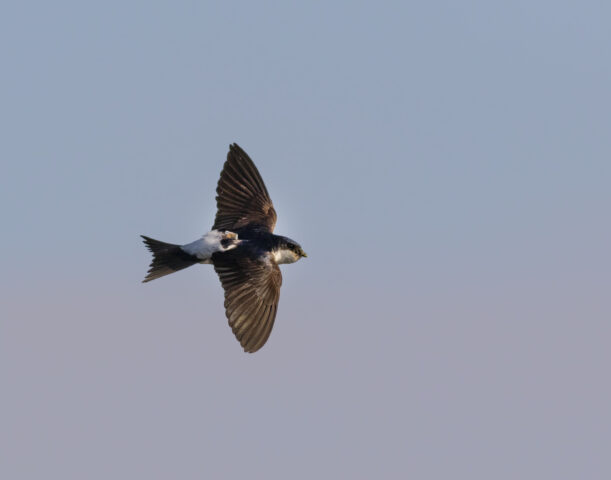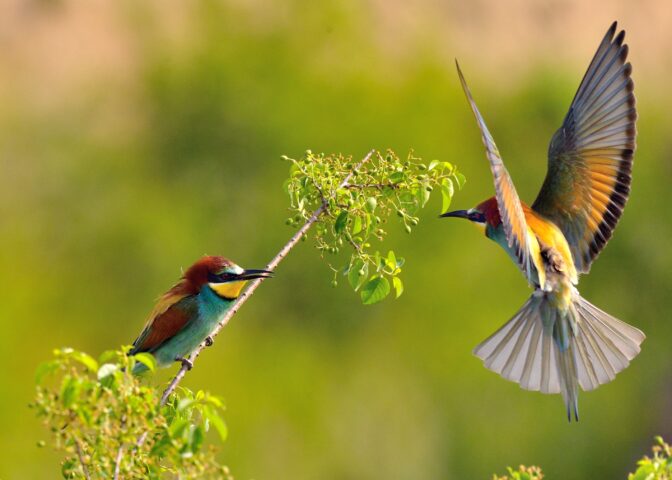Many birds go on multi-stage migrations, where they stop at different places along the way to rest and refuel. The reasons why Eurasian-African migrating songbirds stopover in certain areas are not well understood. During autumn migration, over 50 species stop in the savannah below the Sahel zone (10°- 4°N) after crossing the Sahara. Some birds stay there longer than they do at their breeding and other nonbreeding sites in Africa. These areas provide good food sources after the rainy season, are crucial for birds to replenish their energy and the preservation of these sites is essential.
Red-backed Shrike in South Sudan
Above the arid expanse of the project study site in South Sudan during the dry season
From high above, a stark view of the study site during after the rainy season
View of our study site alongside the river Nile
Female Red-backed Shrike in Africa
Our research station and its surrounding localities in South Sudan
Spotted Flycatcher in South Sudan
View of Field Site in South Sudan
European Bee-Eater in Africa
European Roller in non-breeding in Africa
Importance of African Stopover Sites for Migratory Birds After Crossing the Sahara
Project team members
Betroffene Vogelarten
Bird Migration
We research migratory birds from their breeding grounds to Africa and lay the foundations for their protection beyond national borders.





































